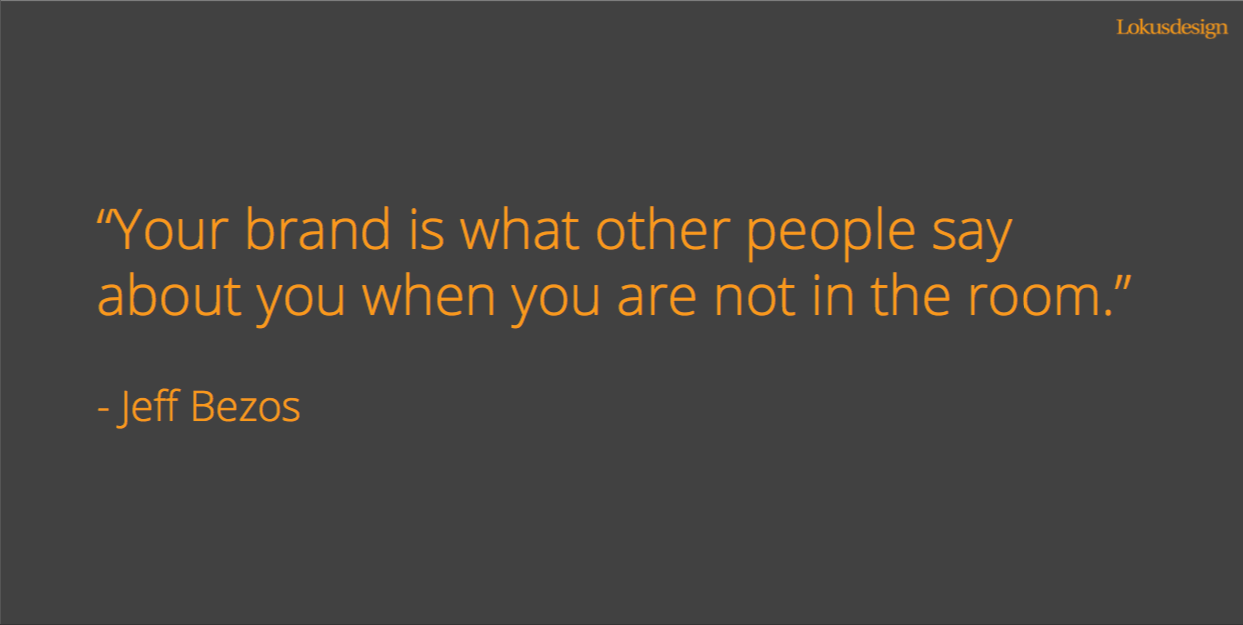Why brand loyalty matters…
In a world driven by instant gratification and countless choices, companies have to be hyper-focused on their Purpose to create brand loyalty. However, with the consumer becoming savvier than ever before and enjoying a plethora of options, driving brand loyalty in today’s marketplace is not easy. Customers today are spoilt for choice – with competing brands, numerous marketing channels, and the rise of influencer-driven recommendations. It is hard enough to capture the attention of the customer, so creating an advocate of a brand loyalist is another ball game altogether.
What is brand loyalty?
Brand loyalty is a pattern of consumer behavior where consumers become committed to brands and make repeat purchases from the same brands over time. Loyal customers consistently purchase products from their preferred brands, regardless of convenience or price.
Brand loyalty could be simplistically defined as creating customers for a lifetime. However, loyalty is a little more than that. Brand loyalty is about cementing an enduring relationship with an audience that will remain loyal to your brand over another. It is about creating a set of devoted consumers who are mentally and emotionally aligned with the brand. Because brand loyalty is based on an emotional involvement between a brand and the customer, loyalists don’t purchase a substitute brand because their brand is not available. They will travel to multiple stores to get that brand and even forgo a purchase if the brand is not available.
Why does brand loyalty matter?
To answer this question let’s first take a look at some statistics.
- Customer spend grows alongside trust. Loyal customers spend 67% more than new ones
- Lowering customer churn rate by 5% could lead to over a 100% spike in profitability
- Loyal customers are worth up to 10x as much as their first purchase
- The average repeat customer spends 67% more in their 31st to 36th months of their relationship with a business than in months 0-6
- 43% of customers spend more money on brands they’re loyal to
As they say, “In God we trust. All others must bring data”. The data here clearly shows the immense impact brand loyalty has on profitability and brand success. Along with driving sales, here’s a look at some more compelling reasons why brand loyalty matters.
Loyalty drives the capability to withstand macro and micro-environmental factors
Why do some brands rise from the ashes like a phoenix and why do some perish? The answer to this lies in brand loyalty. Do you remember the Toyota car recall of 2010? The iconic brand in 2010 had to recall around 2.3 million vehicles in the US to fix potentially faulty accelerator pedals. This action came on top of an ongoing recall of another 4.2 million vehicles over pedal entrapment. The brand suffered $2bn (£1.26bn) in extra costs owing to this safety recall. However, Toyota improved its annual numbers to deliver an ¥80bn profit (£550m) the same year.
Brands have to consciously fight the macro and micro-environmental factors that are a constant in today’s complex and volatile market. However, if the brand has a set of loyal followers, it can bounce back from a setback and drive ahead on the road to better business.
Loyalty drives long-term business
Loyal customers will buy from you again and again and again. They will stand in snaking queues when you next model is launched. They will be will not be driven by price. They will not be influenced by ‘deals’. These loyal customers want to engage with the brand because the brand has an emotional connection with them. This emotional connection almost overrides reason because it is based on a sense of shared values -we believe the same things this brand does. This is why brands like Apple become iconic. It is loyalty that drives the Apple lover to pay a much higher sum for a smartphone. It is loyalty that prompts Apple lovers to stand in snaking queues to grab the latest iPhone.
Loyal customers become your brand ambassadors. This contributes to the brand equity and consequently also leads to recurring, long-term business.
Loyalty drives better cross-selling opportunities
As mentioned previously, brand loyalty is based on an emotional connection. The foundation of this connection is shared values and trust. Since loyal customers forge a relationship with a business, it becomes much easier for a brand to cross-sell or even upsell. This happens because the ‘convince and convert’ cycle is eliminated. The customer is already convinced and is converted too. All the brand needs to do is identify a gap and show the value in their offering.
Loyalty drives reduced marketing costs
Consumers today are influenced more by what their friends have to say and their choices more than any marketing campaign. Strong brand loyalty makes ‘word of mouth’ an effective marketing tool and a credible form of advertising. A survey from Neilsen shows that 84% of the respondents believe word-of-mouth recommendations from friends and family are the most influential in their purchase decisions. 68% of respondents trusted online consumer opinions.
Loyal customers talk positively about a brand, share positive feedback, and refer the brand to their close network. This gives a head-start to a brand when engaging with and an entirely new audience.
Gaining a competitive advantage in today’s world is tough. With brand loyalty, it can get easier to compete. There’s a lot a brand can do to grow Loyalty among its audience. But most importantly, to drive brand loyalty, brands have to be anchored by and stay true to their Purpose. The Harvard Business Review shows that 64% of customers want to have a relationship with a brand based on the brands’ sense of higher purpose, philosophy or overall mission. By being purpose-driven, you attract customers who will ally with your brand based on a set of shared values. This drives loyalty and loyalty, drives business.
Looking to drive loyalty for your brand? Reach out to us on info@lokusdesign.com.

